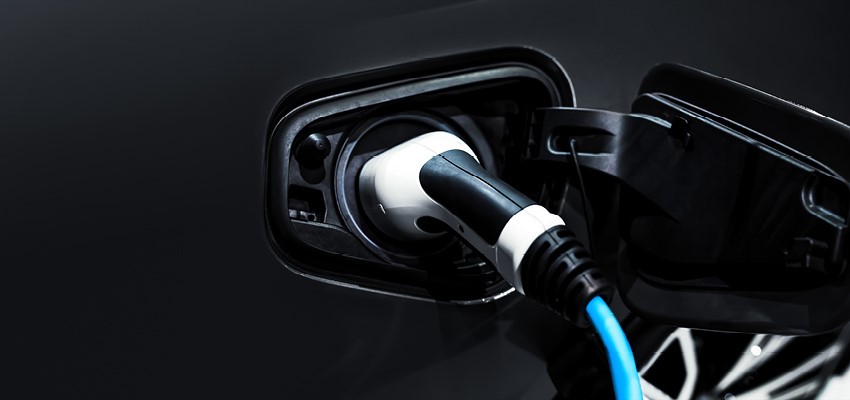
Is it cheaper to run an electric car?
How much does it cost to charge an electric car?
The cost-saving does depend on the price of energy relative to fuel at the time of charging. The cost of charging an electric car is also influenced by the type of charger you have (if charging at home) or the type of public charging station you use. If you choose to invest in an electric car, it would be wise to assess the different charging options available to you, so you can get the best deal for your lifestyle.
How much does it cost to run an electric car?
Many of us expect electric car insurance to be more expensive than petrol or diesel car insurance. But with the number of electric cars increasing on UK roads, insuring one today is far more affordable than when they first hit the market.
That said, cheaper isn’t always better. Before signing the dotted line, take time to make sure your electric car insurance covers everything you need, including:
- Cable cover – for loss, damage or theft
- Battery cover
Learn more about the cost of owning an electric vehicle.
Are electric cars cheaper than petrol or diesel?
Electric cars do tend to be more expensive than petrol or diesel cars. However, driving one may save you more money in the long run.
Research has shown that electric cars are £528 cheaper to own and run than petrol cars. The main reasons for this are the current road tax exemption and lower fuel costs. 1
What is the electric car congestion charge?
Zero-emission car drivers are currently exempt from both the London Congestion Charge and the Ultra Low Emission Zone (ULEZ) charge. However, from December 2025, drivers of zero-emission vehicles will be required to pay the congestion charge.
To qualify for these exemptions, you must register your electric car with Transport for London (TfL). This will cost you £10 and requires yearly renewal.
Want to make the switch and purchase an electric car? An M&S Bank Personal Loan could help you cover the cost.
Updated: April 2024


